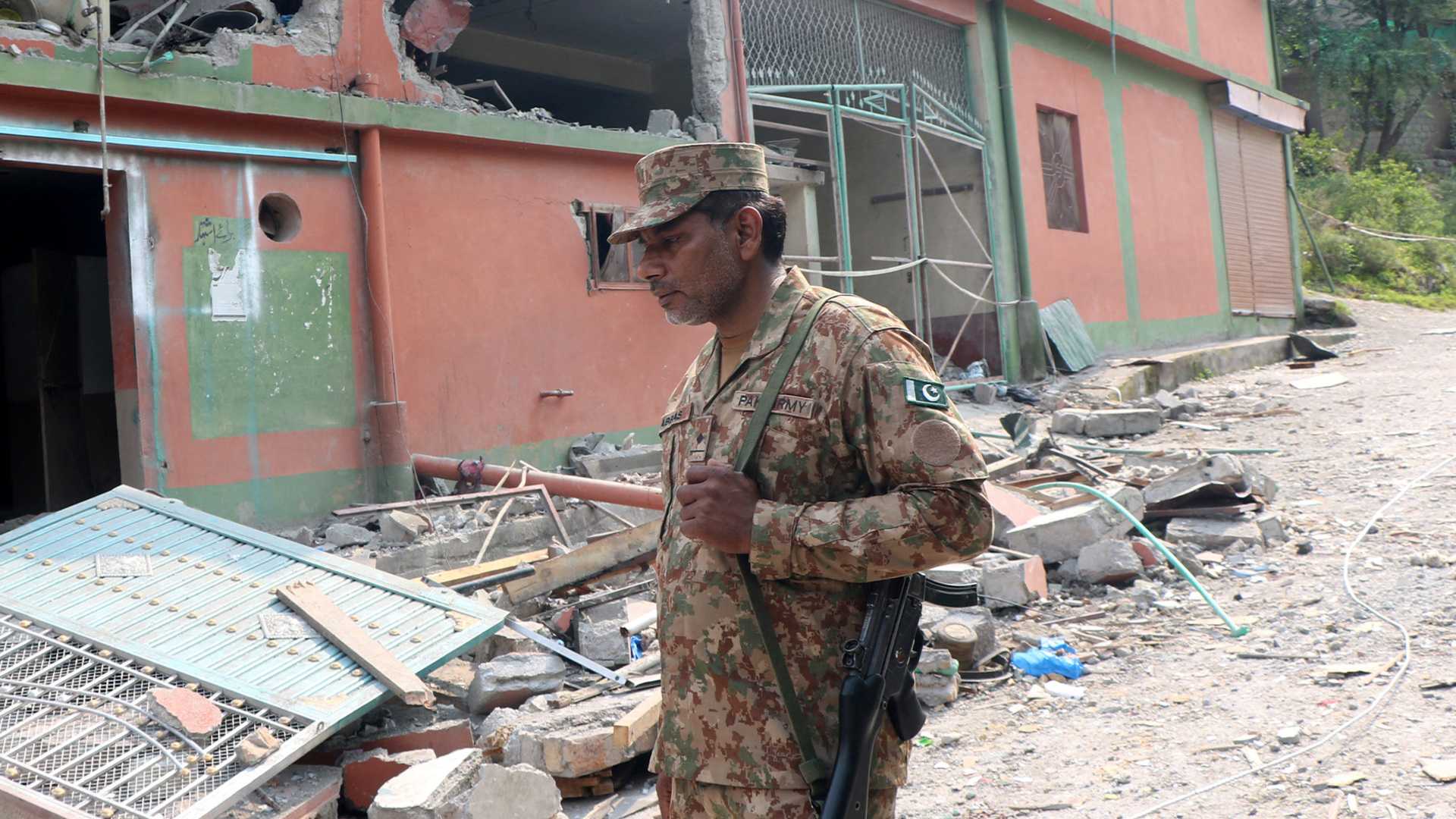World
Military Strikes Push India and Pakistan to Escalation Point

Islamabad, Pakistan / New Delhi, India – Tensions escalated between India and Pakistan on May 7, 2025, as India launched military strikes, prompting Pakistan to claim it shot down five Indian Air Force jets.
The strikes come in the wake of an April massacre that left 26 people dead, mostly Indian tourists, in a scenic part of Kashmir. India has blamed Pakistan for the attack, which Islamabad denies. This week, India’s military operation, named “Operation Sindoor,” targeted what officials describe as terrorist infrastructure linked to the groups Lashkar-e-Tayyiba and Jaish-e-Mohammed.
According to Indian officials, nine sites were targeted in the operation, which took place in both Pakistan and Pakistan-administered Kashmir. They claim no civilian areas were struck, but Pakistan’s military reported different outcomes, stating that civilian casualties and damage to mosques occurred.
Pakistani military spokesperson Ahmed Sharif Chaudhry reported that 31 people had died and 57 were injured in Pakistan and Pakistan-administered Kashmir due to the strikes, while India reported 12 fatalities and 57 injuries in Indian-administered Kashmir from fire across the border.
The air combat, described as one of the largest in recent times, reportedly involved a total of 125 fighter jets engaged in high-stakes aerial exchanges, with Pakistan stating it had downed three Rafale jets, a claim that India has not confirmed.
Pakistani Prime Minister Shehbaz Sharif called the strikes an act of war and urged the military to avenge the losses of innocent lives. He emphasized his nation has the right to respond.
The security situation has prompted evacuations in areas of Indian-administered Kashmir deemed dangerous. Both countries have increased military readiness, reflecting decades of conflict over the Kashmir region, which remains one of the most militarized areas globally.
The United Nations and several countries, including the United States and China, have urged both nations to exercise restraint amidst the growing military confrontation. Secretary-General António Guterres expressed deep concern over the potential for wider conflict.
Global civil society voices, including Nobel laureate Malala Yousafzai, have echoed calls for de-escalation, urging leaders to prioritize peace over violence. As both nations brace for the uncertain future, the risk of military confrontation looms large.












